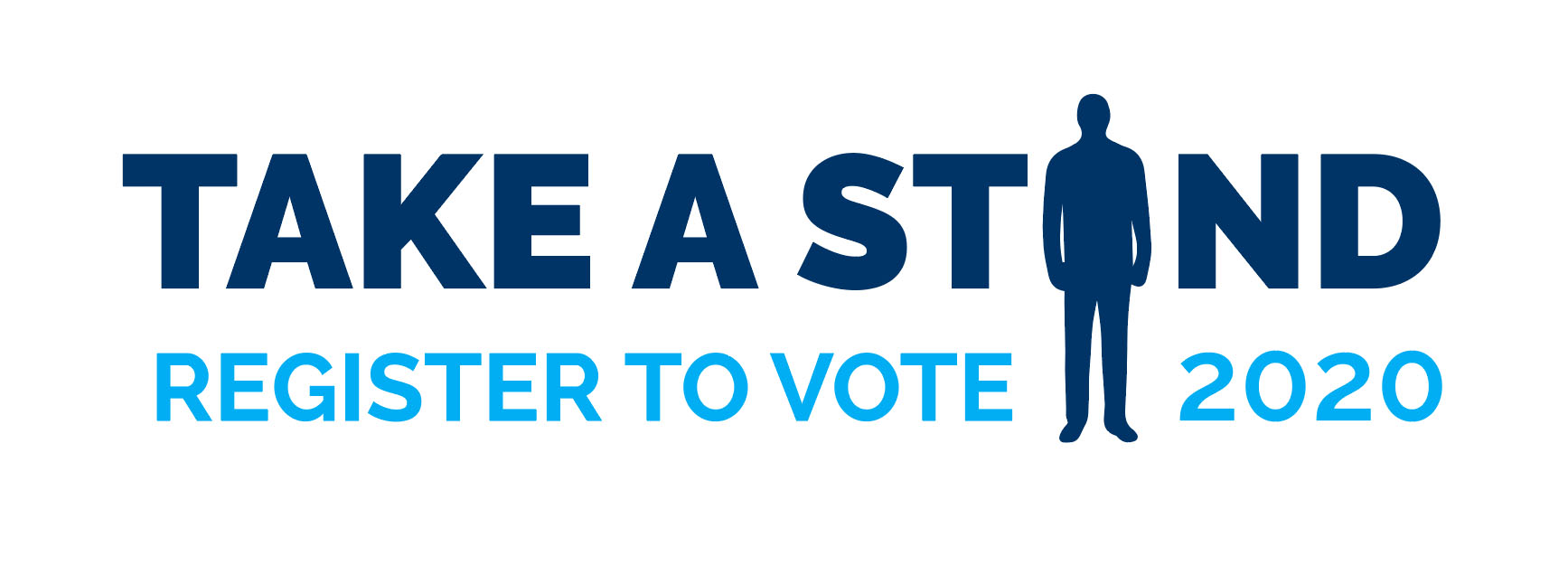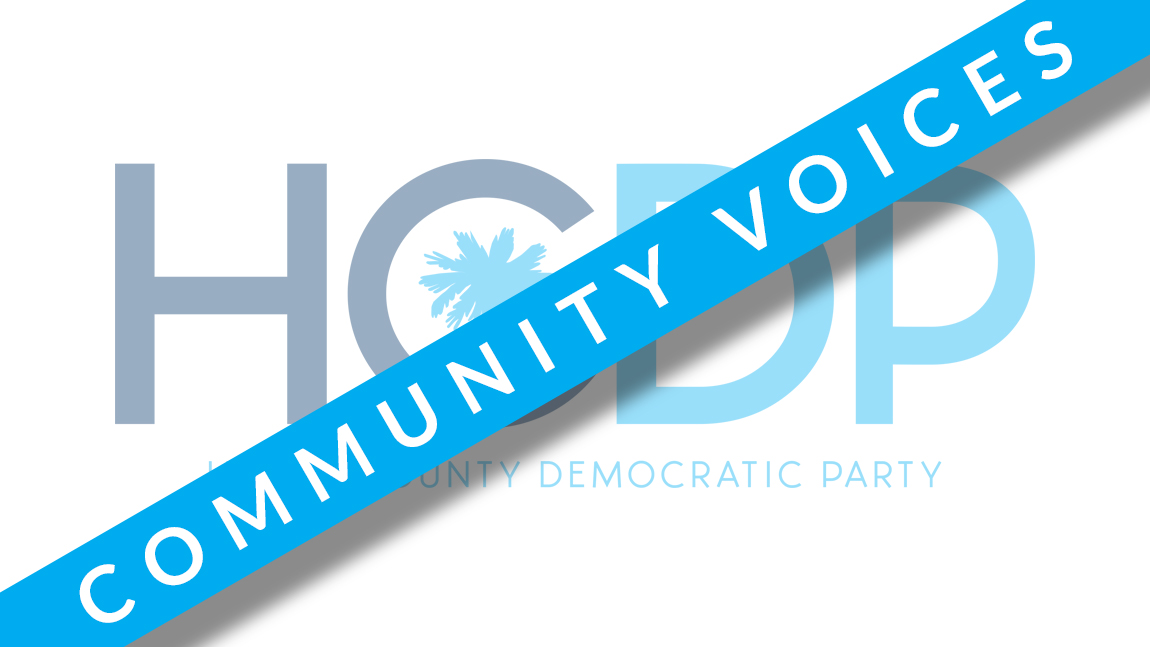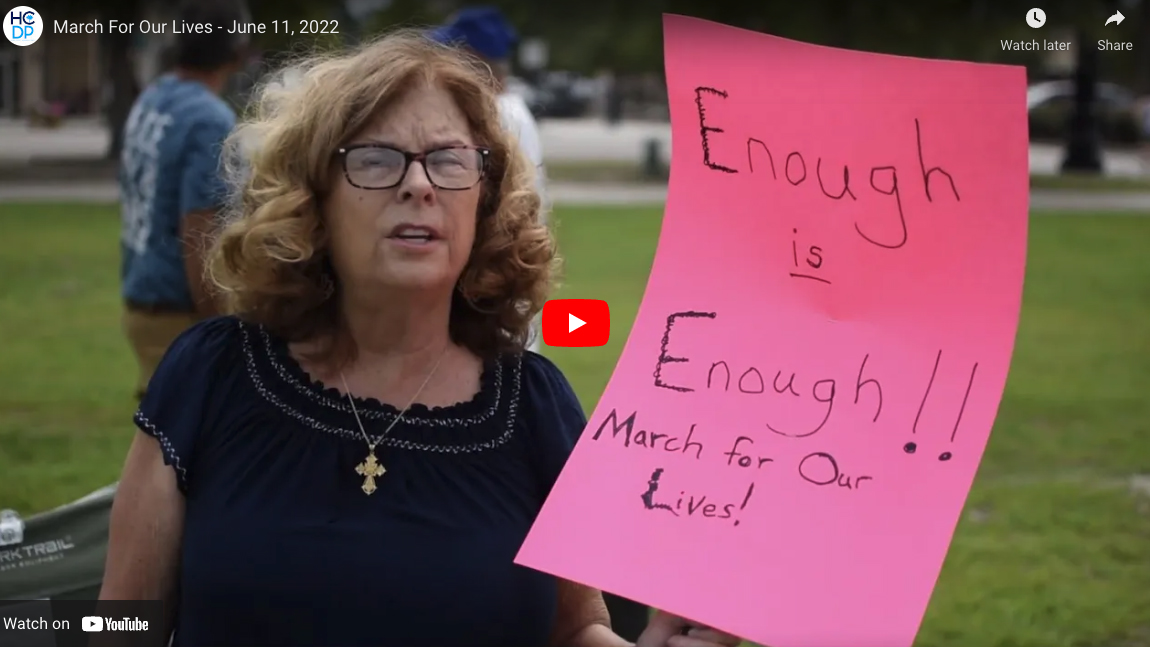One of the happiest days of my adult life was the day I enrolled in Medicare. As a three-time cancer survivor and an incredibly clumsy human being who’s had multiple freak injuries—including a bicycle wreck that landed me in the hospital for two weeks when I was 14—I’ve always followed my father’s very good advice. He preached the same mantra to all of us while we were growing up:
“It’s not about the salary. It’s about the benefits and the opportunities that a job offers.”
So, when I was 14, I began my first part-time real job as a waitress at a pizza place. After telling me about my duties and hours, the owner of the pizza place asked if I had any questions. I knew I was still covered by my parents’ health insurance and would be until I finished college, but I had been schooled well. My dad helped me with my “questions” list, so yes—I had questions.
I asked about my salary and whether I was able to keep all my tips or if management kept a percentage. I asked when, and under what conditions, I could expect a raise in my base salary. I asked about opportunities for advancement: could I be promoted to manager, or serve as an assistant chef in the kitchen to learn how to make pizza or some of the other dishes? I asked about benefits: would I receive a free meal during my shift? What holidays were observed? When would I take my breaks? If I needed to use the restroom, was I allowed, or did I have to wait for a break? Would I be able to take leftovers home with me?
This became my process with every job I had—from working for AAA throughout college, to teaching high school in Virginia, to moving to Florida and becoming a certified paralegal, to deciding to return to graduate school and teach again, all the way through my twenty years at Coastal Carolina University (CCU), where I retired in 2021.
You gotta ask questions, and you gotta have benefits!
According to Medicare, as of April 2024, 65 million Americans are enrolled in the program, which provides health insurance for those 65 and older (sometimes earlier). It can be a bit time-consuming, but enrolling in Medicare is relatively simple.
If you apply for Social Security at least four months before you turn 65, you automatically receive Medicare Part A (hospital insurance) and Part B (medical insurance). If you want Medicare when you turn 65 but aren’t planning to take your Social Security benefits yet, you’ll need to sign up for Medicare directly on the easy-to-navigate website.
Like many people, I considered waiting to apply for Social Security to maximize my benefits but decided to retire early from CCU because of the pandemic.
Part A of Medicare covers inpatient hospital care, skilled nursing facilities, and other similar services. Part B covers outpatient care, like doctor visits and medical equipment (think walkers or wheelchairs). Roughly half of enrollees are in Original Medicare (Parts A & B). About half have Medicare Advantage Plans (Part C); the other half are enrolled in other “secondary” insurance programs.
As a former state employee, I’m enrolled in the South Carolina State Health Plan (SCSHP). Between my Medicare and SCSHP, I rarely pay more than a few dollars for my four required daily prescriptions.
My most recent surgery at the Medical University of South Carolina (MUSC) in Charleston to remove two large tumors from my abdomen required a weeklong hospital stay, multiple transfusions (due to internal bleeding), and the most skilled surgeon, anesthesiologist, and nurses in South Carolina. My final bill was huge, but most of it was covered by Medicare and my SCSHP. My portion was made more affordable thanks to MUSC’s very reasonable payment plan. That debt is now paid off, and I am alive and healthy.
I love Medicare—and I love my secondary insurance plan!
Like many people, I had misconceptions about Medicaid. Medicaid doesn’t just cover people and families with “low incomes.” It covers newborns, children, people with disabilities, nursing home residents, and yes, low-income individuals and families. This is incredibly important, and I’m grateful these programs exist.
Designed especially to serve people without access to private insurance through their employment, President Lyndon B. Johnson established Medicaid in 1965 as an amendment to Social Security. Like my father before me, I believe employers should cover some or all of their employees’ health care costs. It’s just good business! Why wouldn’t you want to ensure your employees and their families are healthy, happy, productive workers who are safe on and off the job?
Costs can often be transferred to your market, and the benefits to both employer and employee are significant.
According to Eric Seiber, Director of the Center for Health Outcomes and Policy Evaluation Studies at Ohio State University: “Medicaid serves a key role in the health insurance market, and for many people, there is no alternative.”
Now think about that for a minute. Suppose you had “no alternative” for your health care. Sounds scary, right? Well, it would be—and that’s exactly what our current administration is working to do. I’m pretty sure President Trump, Vice President Vance, and most of our cabinet members and legislators do have alternatives. We all should, too.
Please take a few minutes to write or call our legislators to demand that we be assured our full Medicare and Medicaid benefits. Urge them to support prescription drug payments. Just click on the links below to do so:
- Lindsey Graham, US Senate
Office Locations – United States Senator Lindsey Graham - Tim Scott, US Senate
Contact — U.S. Senator Tim Scott of South Carolina - Russell Fry, US House of Representatives, District 7
Offices | U.S. Representative Russell Fry
These are challenging times for our democracy. Many of us are disappointed, devastated, and demoralized—but don’t be sad. Get MAD! Get MOTIVATED! Get BUSY!
Perhaps you’re considering running for office? Send an email here: Contact Us – Horry County Democratic Party.
Maybe you’d like to support a candidate? They don’t just need financial support; they need volunteers, workers, folks with specific skill sets, diversity champions—there are so many ways to help. Interested in supporting a candidate?
I’ve decided to increase my HCDP donations. If you’d like to do the same, here’s the link:
Donate to Horry County Democratic Party
We’d love for you to join us as a volunteer—or, if you’re already volunteering, maybe you can consider increasing your time.
Last summer, I worked with several of our HCDP members every Saturday promoting voter registration and helping people get registered. I’ll definitely continue, and hopefully expand, that time this summer. We’ll never ask you to do anything you’re unwilling or unable to do, but we would surely appreciate your time.
You’ll meet wonderful people, it’s a lot of fun, and during a time when so many of us are threatened with losing our benefits, wouldn’t it be great to do something that benefits so many others?






